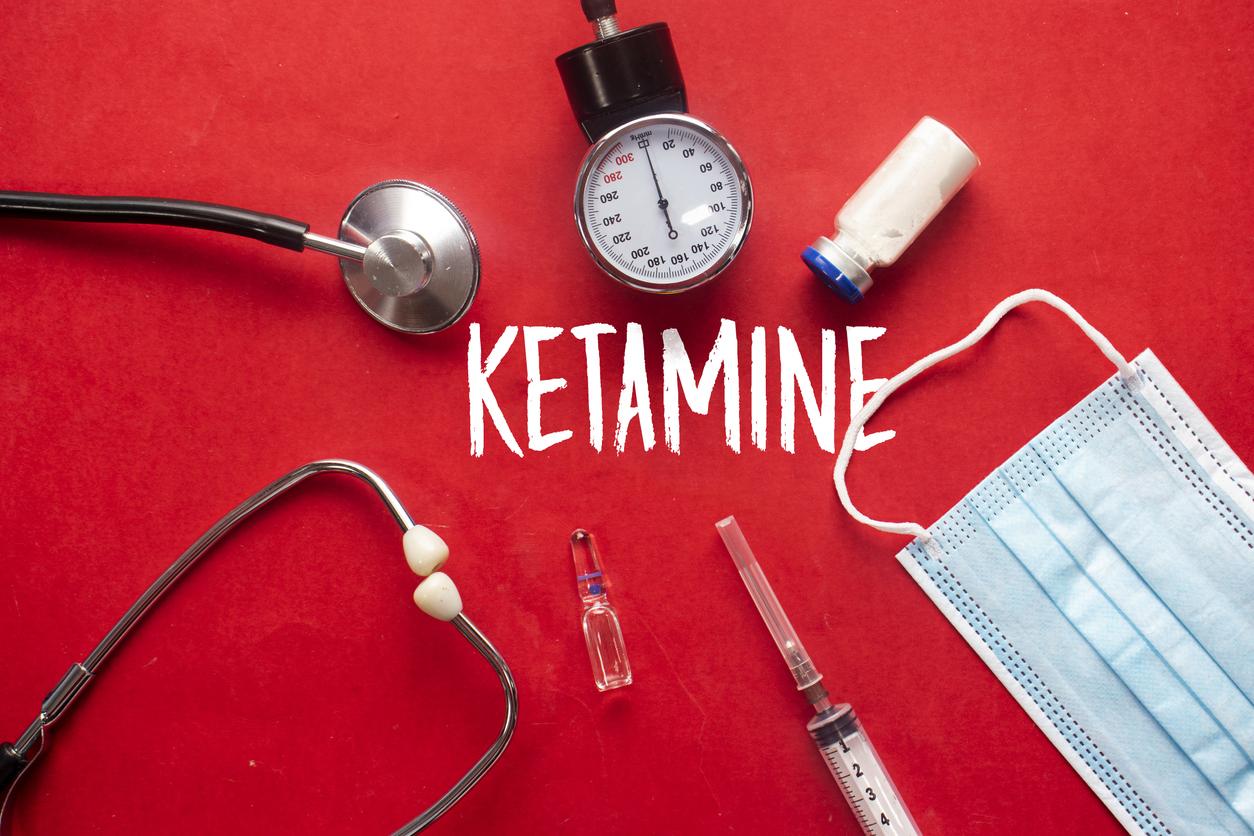
Discover faster what really helps
In the Netherlands 800,000 people suffer from depression every year. Of them, 365,000 are depressed for the first time. What are the latest developments according to Brenda Penninx of the VUmc?
Prof. dr. Dr. Brenda Penninx (44) is professor of psychiatric epidemiology at the VU University Medical Center (VUmc) in Amsterdam. She is also scientific director and principal investigator of the Dutch Study on Depression and Anxiety (NESDA).
Predict instead of trying
Brenda Penninx: “We want to find out how we can best treat a patient: with antidepressants, psychotherapy or running therapy. What works for one person doesn’t work for another. Now it’s just a matter of trying out what works. In the future we want that We already know that the ‘genetic profile’ helps determine how someone responds to antidepressants. depression, and may also predict whether a patient would benefit from a particular therapy.” Benefit for the patient: “You get treatment faster that really helps.”
Anti-inflammatory drugs for depression
Brenda Penninx: “We know that a dysregulated immune system can play a role in the development of depression. There is also increasing evidence that a chronically overactive immune system, such as in rheumatism, can prevent patients from really recovering from antidepressants. These patients may need anti-inflammatories to calm the immune system, which is why we are now investigating new drugs that target depression through the brain and the immune system.” Patient benefit: “May help if you don’t respond well to medications.”
Research into the influence of nutrition
Brenda Penninx: “NESDA will investigate whether certain nutritional deficiencies are more common in depression: fish fats, vitamin D and other essential vitamins such as folic acid. For this we will develop a pill that contains all these substances, and we will test that pill.” Benefit for the patient: “We may be able to prevent or remedy depression with nutrition in the future.”
Sources):
- Plus Magazine

















